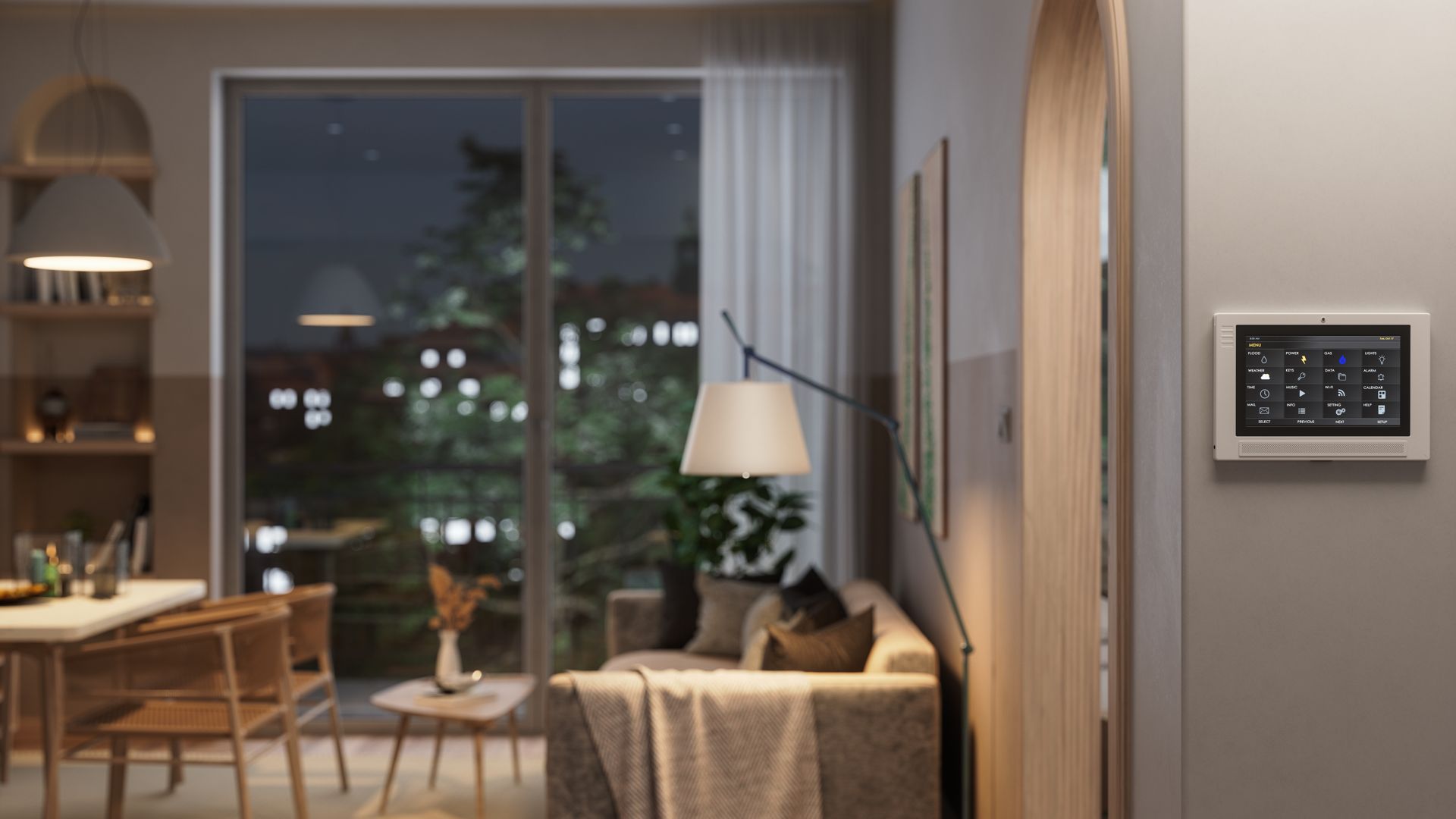Needless to say, winters across Canada can be chilly. Therefore, it's absolutely essential that homeowners have a correctly operating heating source in order to keep their home interior comfortable. If you're in the market for a new heating unit, you may have come across heat pumps and have questions about whether they will be able to sufficiently heat your home.
As such, the team at Home Aire Care has put together this post so you can get a better idea about these incredible HVAC units! Keep reading for more information!
Are heat pumps good for Canadian winters?
Heat pumps can be used in Canadian winters, but their overall effectiveness is dependent on a number of factors, including the specific climate, variations in temperature, and the kind of heat pump used.
Conventional air-source heat pumps draw heat from the outside air and move it inside to heat the home. The heat pump's efficiency reduces as the temperature drops, and it might be unable to provide adequate heat in frigid conditions. In such cases, the heat pump may require additional heating from other sources, like a furnace. However, innovations in technology have resulted in the establishment of cold-climate or "ducted mini-split" heat pumps, which have been developed to perform efficiently in colder climates. These heat pumps use advanced features to extract heat efficiently, even in sub-zero temperatures.
When thinking about a heat pump for Canadian winters, it's critical to consider your region's specific climate. If you live in an area with mild winters or where temperatures rarely fall below freezing, a standard air-source heat pump will be sufficient. For areas with harsher winters and frequent extreme cold spells, homeowners should consider investing in a cold-climate heat pump or a hybrid system with backup heating for peace of mind and reliable comfort during these times.
At the same time, if you are not sure if a heat pump will work optimally for your house, it's always a good idea to meet with an HVAC company in your area, as they will be able to guide you through the process of selecting the right unit and heating solution for your needs.
How do I keep my house warm with a heat pump?
Keeping your home at a comfortable and warm temperature during the winter is important. As such, if you have a heat pump installed in your home, there are a couple ways to ensure optimal heating:
- Set the thermostat to a comfortable temperature.
- Allow the heat pump to work gradually rather than abruptly.
- During extremely cold weather, consider using supplemental heating.
- To prevent the loss of warmth, insulate and seal your home.
- Schedule periodic service to ensure peak performance.
- To circulate warm air, use ceiling fans.
Because heat pumps transfer heat, they might not seem as warm to the touch compared to conventional heating methods. However, when operated efficiently and in the proper conditions, they remain capable of offering comfortable heating.
If you have any specific concerns or inquiries about using your heat pump for heating, it is best to consult the instructions provided by the manufacturer or contact a professional HVAC technician. They can provide tailored advice based on your heat pump model, local climate, and specific heating requirements.
Can cold water damage a heat pump?
The presence of cold water is unlikely to harm a heat pump. Heat pumps are built to withstand a variety of environmental conditions, including rain and moisture. However, there are a few critical considerations when it comes to cold water and heat pumps that homeowners should be aware of:
- Freezing Temperatures: The problem arises when the water surrounding the heat pump freezes. Water that freezes and builds up on or near the heat pump's outdoor unit may result in damage. Ice accumulation may hinder airflow, strain parts, and impair heat pump efficiency. Heat pumps frequently have integrated defrost cycles or sensors that recognize ice buildup and initiate thawing to avoid damage.
- Icy Conditions: If the vicinity around the heat pump has been coated in ice or slippery conditions, use caution when examining or maintaining the unit. Surfaces can become slippery with ice, posing a safety risk. In icy conditions, it is best to get in touch with a professional technician who can safely evaluate and deal with any heat pump problems.
- Waterlogged Parts: While cold water is not usually harmful, excessive fluid exposure from floods or submerging the heat pump can be. Waterlogging the heat pump can result in electrical failure and corrosion. If your heat pump has been exposed to excessive rain or flooding, it must be examined by an authorized technician before use.
Should a heat pump run constantly in winter?
No, a heat pump does not have to run continuously during the winter. Heat pumps have been programmed to cycle on and off in order to effectively keep the desired interior temperature. In extremely cold weather or when the temperature inside is considerably lower than the thermostat setting, it is completely normal for the heat pump to operate longer. Continuously running the heat pump can result in unwelcomed wear and tear, increased energy consumption, and greater utility bills. To optimize usage, use energy-saving features such as programmable thermostats. You should also make sure that all windows and doors throughout your home are correctly sealed to prevent heat loss and maintain a comfortable interior environment.
On the off chance that your heat pump is constantly running, there may be something wrong with it. In this case, you need to reach out to a professional HVAC technician as soon as possible so they can identify and repair the problem promptly.
Are you tired of expensive utility costs and inconsistent heating throughout your home? If the answer is yes, the team at Home Aire Care is your go-to HVAC company in Kingston and the surrounding neighbourhoods for ultimate home comfort solutions!
Call and schedule your consultation appointment with our home comfort advisors today to receive a complimentary new system purchase quote!







